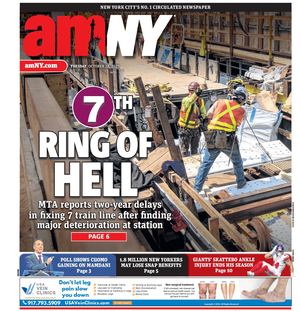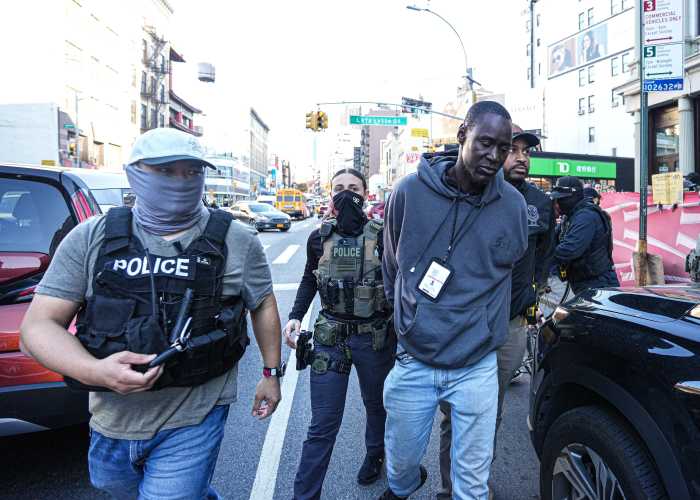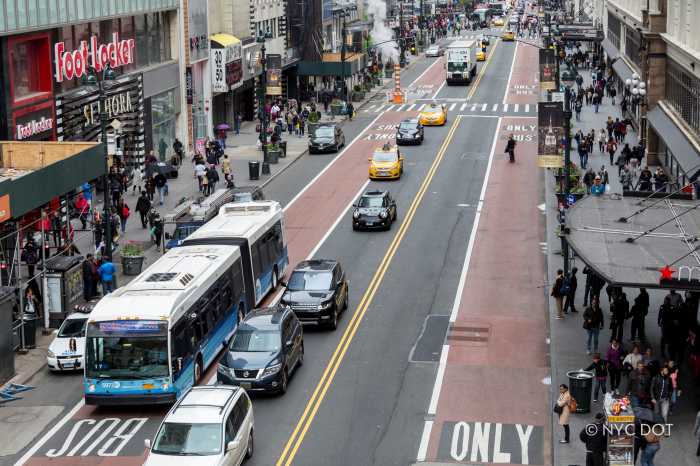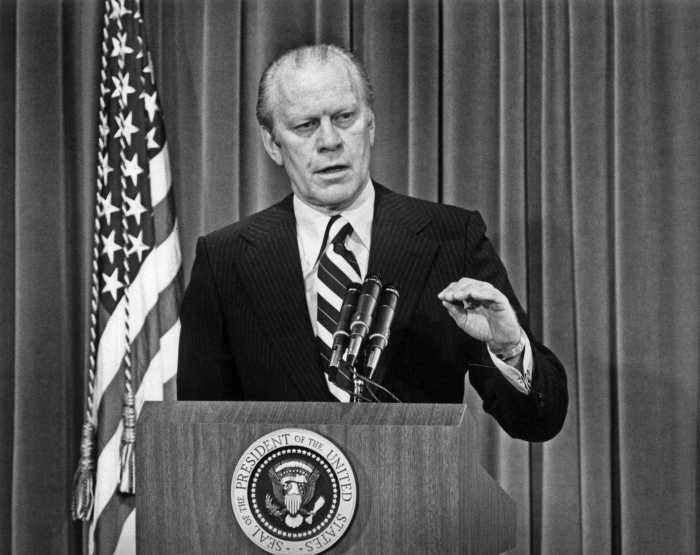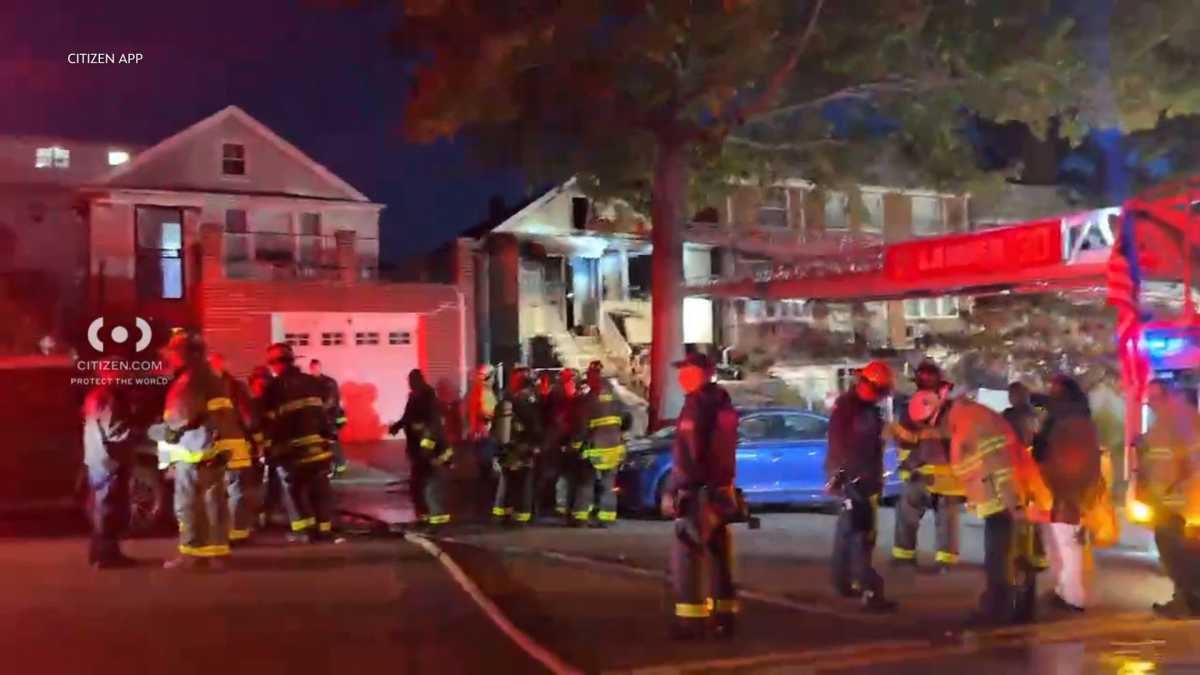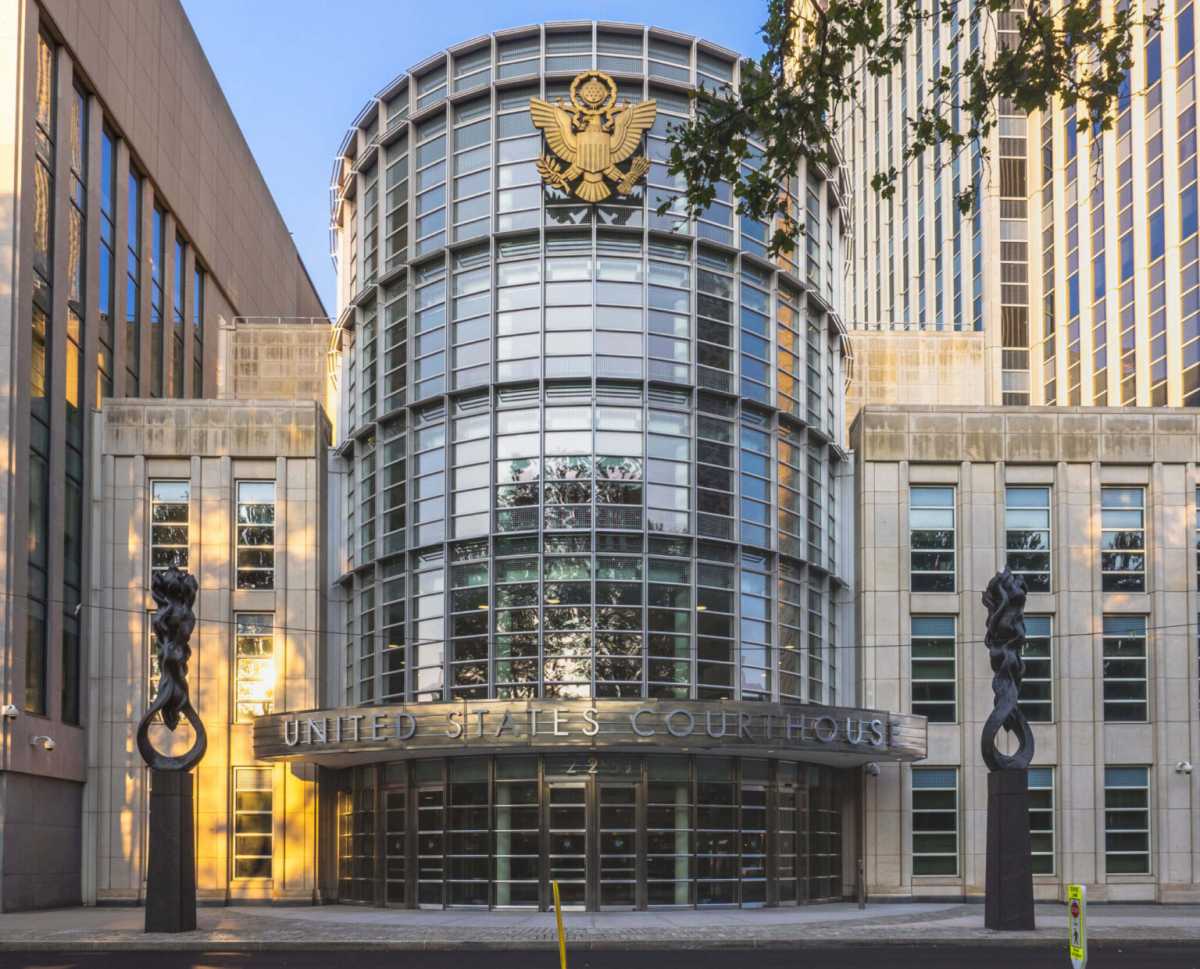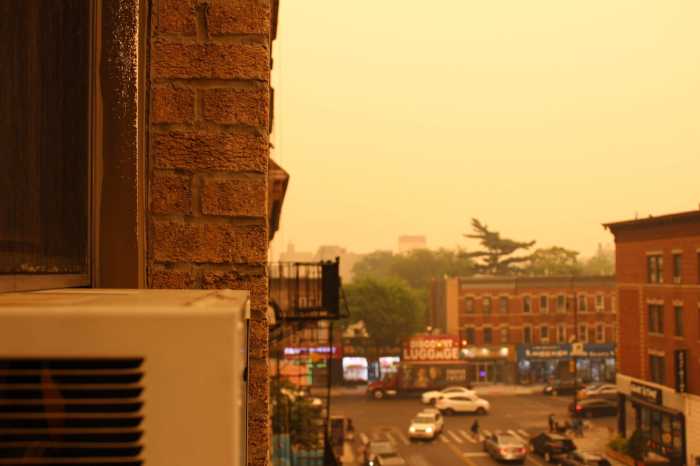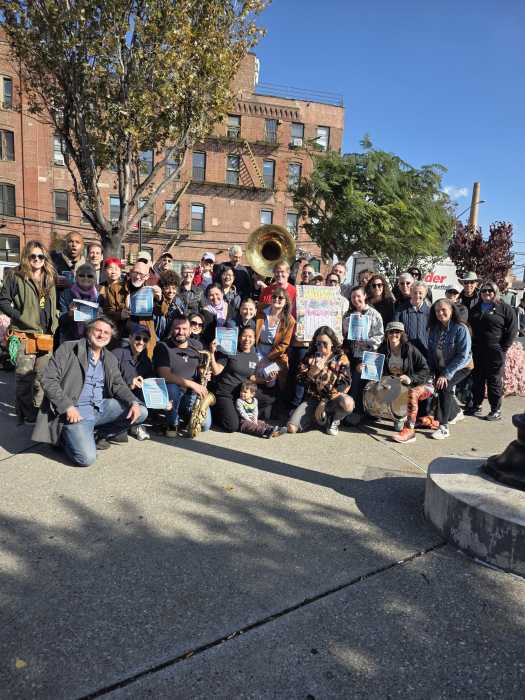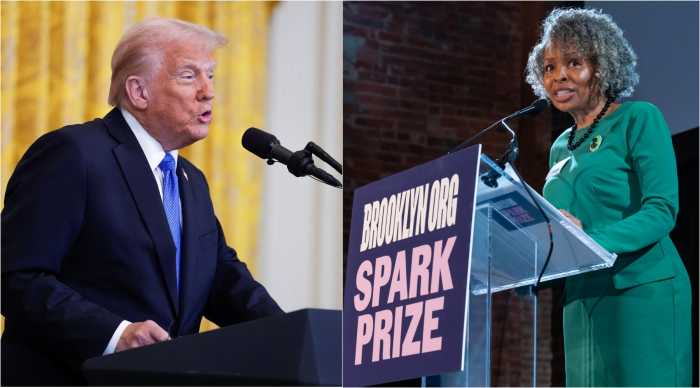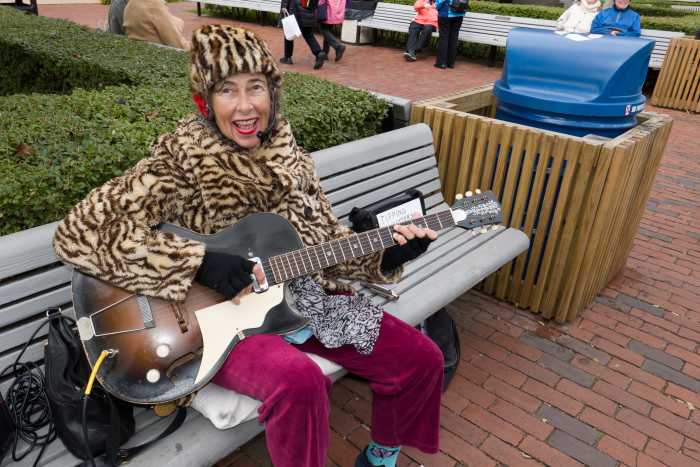
There are many ways to end up homeless, and many places to end up — such as the Bronx apartment where two toddlers died after a radiator blast last week.
The city launched investigations into that tragedy. But how the two girls got to that apartment is clear: Their family had moved from Maine but had difficulty staying afloat. They found shelter in so-called “cluster housing,” private and often decrepit units rented by the city as stop-gap solutions for homeless people. Few think these units are truly good solutions. Neither are the hotel rooms that the city has been renting in increasing numbers this year. But as the number of people spending the night in some form of city shelter has climbed, now above 60,000, the city has had no choice but turn to these options.
The political football of who is to blame for the increase in homelessness has been tossed back and forth — was it the economy, or policies from the previous or current administration? Or city feuding with Albany? A report published this week by the Daily News highlighted a state directive change in 2015 loosening eligibility requirements for families looking for shelter. That coincided with an increase in the percentage of families receiving placement. The city requested that rule be adjusted last month, encouraging families to exhaust all options before turning to shelter. It’s a way to release pressure on packed shelters unable to meet demand.
Mayor Bill de Blasio has struggled with various tactics to honor the city’s moral and legal commitment to provide shelter. But is support for that commitment fraying?
This year, residents have fought new homeless shelters. Some of the mayor’s efforts to build affordable housing have been stalled, due to both public and developer opposition. New Yorkers of many stripes complain about the impact of growing street homelessness, wishing people without homes would head elsewhere, or not come to New York in the first place.
New York’s capacity to house homeless people is being seriously tested. But it would be a sad day if the city didn’t keep trying.
